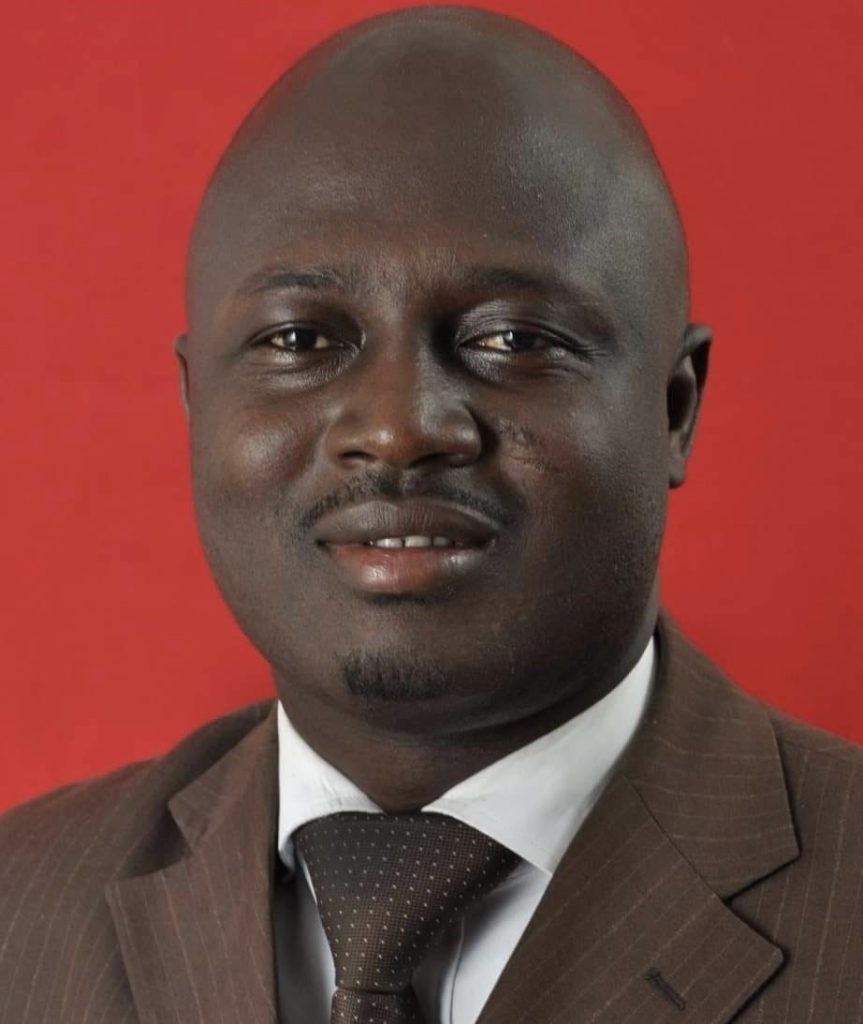By D.I. Laary
Accra, Dec. 1, GNA – Mr. Francis Abudu Zimmaleh, a chartered accountant and consultant, has highlighted the potential impact of the 24-hour economic policy concept on Ghana’s financial sector and advocated it be depoliticized and scrutinised for its optimal utilisation.
The economic strategy aims to extend the operating hours of businesses beyond the regular 0900 hours to 1700 hours across various sectors.
The initiative is expected to stimulate financial and economic activities, according to its proponents, leading to the creation of more employment opportunities.
In an interview with the Ghana News Agency, Mr. Zimmaleh highlighted the benefits of the strategy, such as lowering operational costs, promoting financial innovation, tackling regulatory and infrastructural challenges, and improving financial stability and inclusion.

According to him, once the policy is put into action, it will effectively address the economic challenge of time differences with other nations and make transactions faster and more convenient.
In addition, it would help in the efficient handling of perishable farm products like fish and tomatoes, so customers can save on loan interest repayments.
Since Mr. John Dramani Mahama, the former president and candidate for the National Democratic Congress, proposed the 24-hour economy policy, there has been a lot of public discussion about it.
He insisted that it would increase productivity, solve Ghana’s unemployment crisis, which now stands at 14 per cent, and revitalise the economy.
Mr. Zimmaleh applauded the economic strategy as a move that could substantially benefit the country’s financial and services sectors to improve their performances for overall economic growth.
He pointed out the potential of the initiative to improve financial inclusion and alleviate poverty by making financial services more widely available and accessible to individuals and businesses.
It could also lead to expanding access to banking, insurance, and mobile money.
He further stressed the potential benefits of enhancing financial stability through diversifying income and expenditure sources, which could help mitigate the financial sector’s vulnerability to shocks and crises.
“By creating a more dynamic and competitive environment, the 24-hour economy could foster financial innovation and encourage the development of new products and services that meet the needs and preferences of customers,” he said.
However, he indicated that it was important to acknowledge that the implementation and impact of the 24-hour economy policy may encounter certain challenges and risks, which should be debated dispassionately and not politicised.
Still, he expressed optimism about the potential of a 24-hour economy policy to revolutionise Ghana’s economy and generate employment opportunities. He urged the need for meticulous planning, coordination, and investment to guarantee its success and viability.
He also encouraged Mr. Mahama and his team of experts to create a thorough and all-encompassing policy guideline that considers a wide range of opinions for successful implementation and inclusive development, ultimately leading to national peace.
GNA